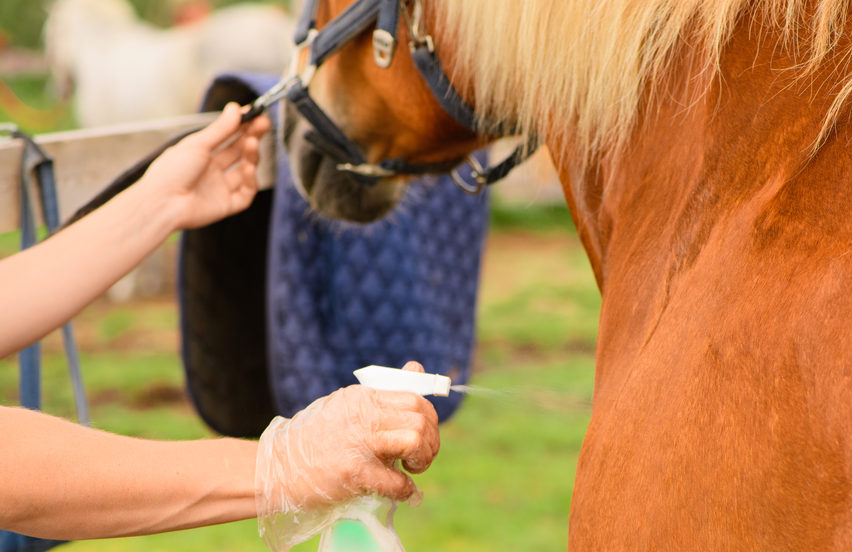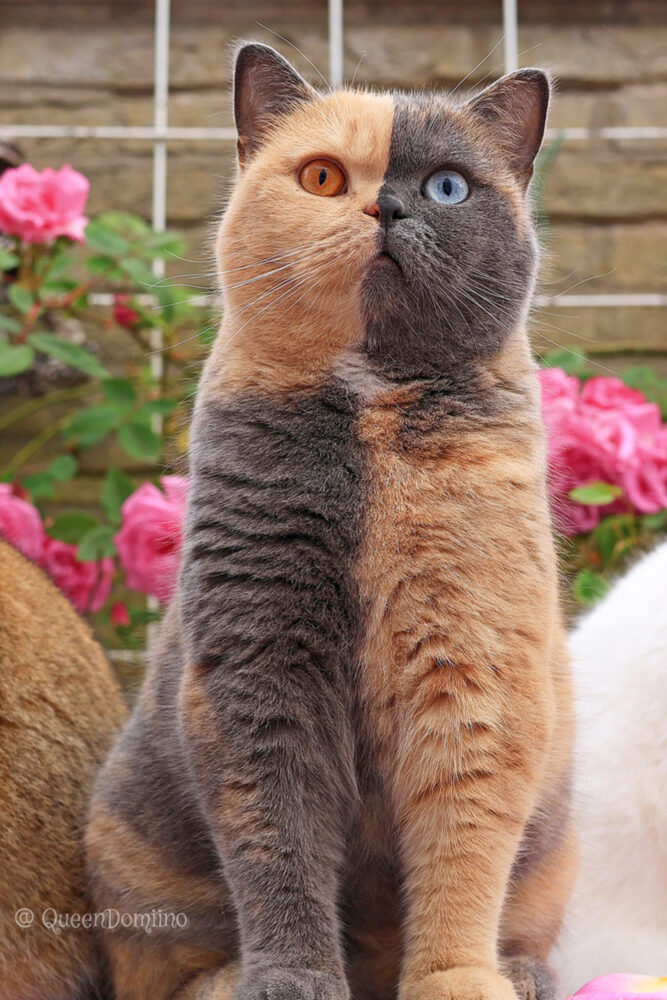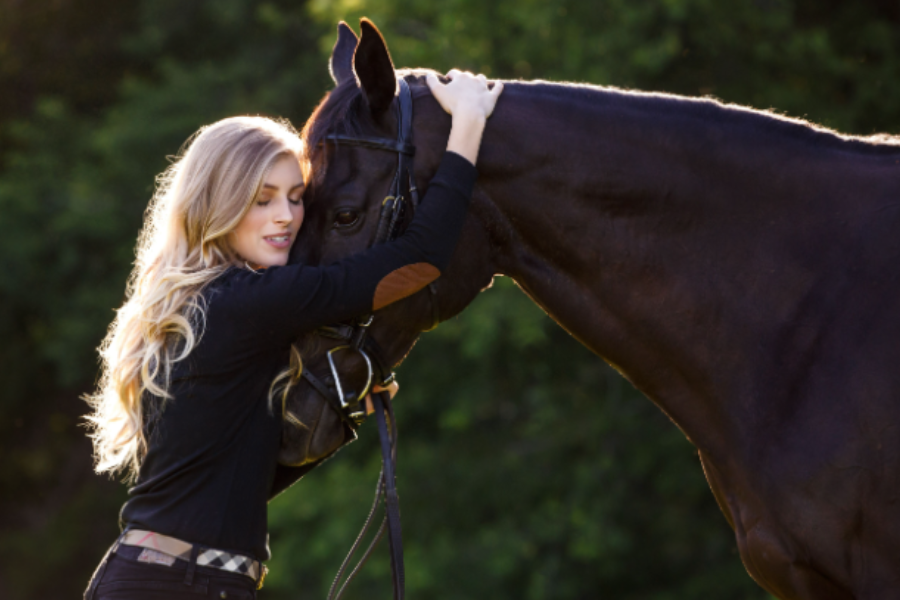Want to ditch the bugs and the chemicals this season? Give these natural bug control options a try!
Every equine enthusiast knows flies and other pests frequently bother horses. But some bug repellents that contain harsh chemicals are detrimental to the animal’s Horse Health and happiness. Fortunately it’s easier than ever to switch to a more natural bug control regime, and in many cases it’s no less effective.
Going the natural route
Meghan Lalonde and her fiancée Lisa Vaccaro own and operate Free Spirit Farm in Freehold, New Jersey. They offer horseback riding, boarding and Horse Training.
“I’ve been working with horses for six to seven years,” says Meghan. “I started going down the rabbit hole of what works and what doesn’t work for natural bug control. We keep the natural aspect in mind because we’re dealing with a wide range of horses that might be sensitive to some chemicals.”
Homemade natural bug sprays
Meghan and Lisa make their own organic bug sprays that contain essential oils including cedarwood, cinnamon, citronella, clove, lemon eucalyptus, lemongrass, neem, peppermint, rosemary, thyme or Greek oregano. “The key is finding something the flies don’t like the smell of,” says Lisa.
“I have seen adverse reactions to heavy applications of chemical sprays, but not to the natural sprays we make,” says Meghan. The only downside to using essential oils, she says, is that they wear off faster. To help ward off pests and attract pollinators, the couple also plants some of these herbs around their farm.
Being located in central New Jersey, just down the road from an old cranberry bog, Meghan and Lisa deal with high numbers of ticks, flies and mosquitoes on their farm. Because of the tick population, they often use a store-bought spray that contains pyrethrum – a natural insecticide made from a dried flower. “It smells like a lemon-y perfume and contains a coat conditioner in the form on lanolin, and I’ve watched it go to work on flies season after season,” says Meghan.
Lisa adds that neem is starting to show up in a lot of commercial fly sprays. “I’ve bought some to experiment with this coming summer,” she says.
Flies tend to gather around a horse’s face, abdomen, legs or areas with skin abrasions. Meghan applies her essential oil sprays using a terry cloth to these areas. Making sure to apply the solution evenly, she then brushes the horse down. “The sprays lose their effect after 24 hours, especially with sweating,” she explains. “So with trail activity, you might want to apply it several times a day. In the past decade, there have been some promising studies by the US National Library of Medicine that show the effectiveness of lemongrass oil in repelling stable flies and lemon eucalyptus repelling mosquitoes within the first day of application. After the first day the effectiveness dropped dramatically.”
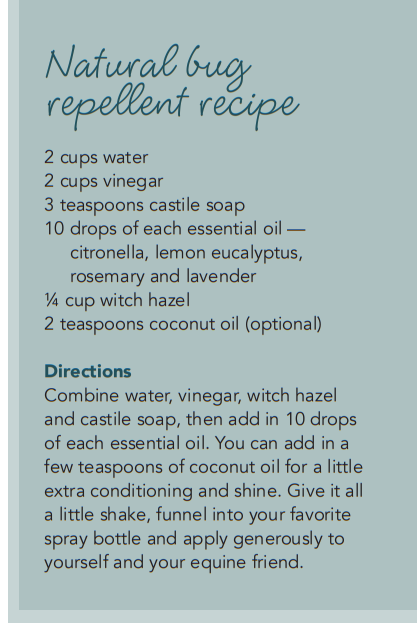 Slow bug reproduction rates
Slow bug reproduction rates
Climate variances among horse caretakers and breeders will require you to study what types of pests are prevalent in your area. For Meghan and Lisa, bug control is a two-pronged approach: prevent or slow the breeding, and repel them.
“People have to identify what kind of flies they’re being bothered by so they know how to get to them,” says Lisa. “Personally, I use Fly Predators around manure composts and where any seeds might get spilled and spoil.” Fly Predators are beneficial bugs (larvae) that control flies naturally. They’re small, do not bite or sting, and do not develop into pests. Their life cycle is spent near or on manure.
“They look like dark pieces of rice in a bag of shavings that you can sprinkle around the farm,” says Meghan. “The Predators themselves stay within 30 feet of where they’re sprinkled. They go to work in the background, while I’m spraying the horses.”
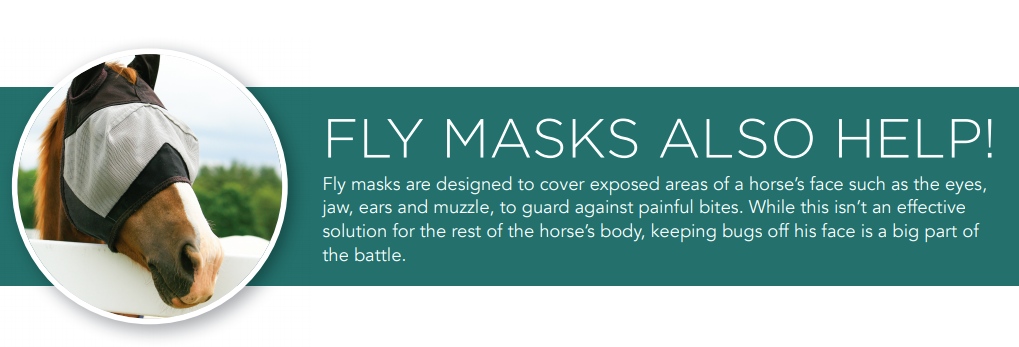
Lisa notes that flies multiply so quickly that they will find your horse despite your best efforts. “The more you can get them at the source and prevent their numbers from growing, the easier it is to then back that up with your sprays,” she says.
Ditch the chemicals and the bugs this season by trying these natural bug control options on your herd. Like Meghan and Lisa, you might have to experiment to see what works best on your farm, but it’ll be well worth it.

